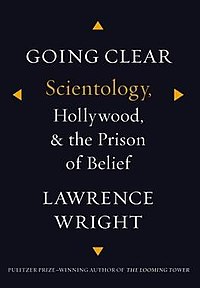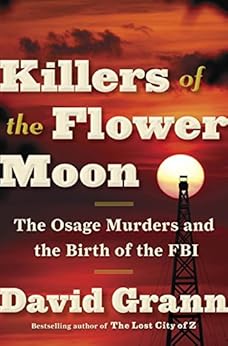Stranger in a Strange Land (Uncut Version), Robert Heinlein, originally published in 1961.
2/10
Harold Bloom, one of the most eminent literary critics living today and strong proponent of the literary canon, reminds us that there is so much to read and so little time, so we better choose our books wisely. That's really what makes this book so painful to read. Let me get this out right away: this is truly an awful book. It becomes more and more clear as you make your way through its 500 pages that you are wasting a bit of your life indulging some foolish
Atlas Shrugged-esque wetdream.
Some of you may have heard of
Stranger in a Strange Land. It's from the same author who wrote
Starship Troopers, and it is considered a seminal text in contemporary science fiction. It is a true-blue cult classic, and some have argued that this particular book shaped the science fiction genre as we know it. So, that's why I decided to read it. You can learn a lot about a genre by reading the major texts that influenced it.
The book is set at an indeterminable time in the future, when the moon has already been colonized and early efforts are underway to populate Mars. During the first earth-lead expedition to Mars, a couple give birth to a boy, who is raised by martians until a second expedition team, 25 years later, returns to Mars and brings him back to earth. Valentine Smith, the man-martian, is essentially as ignorant as a child when it comes to understanding human behavior and earthly conventions. He does, however, possess the remarkable martian capacity for learning and thinking. After being rescued, though he doesn't know he's being confined, from a hospital under government administration, Smith's knowledge of the world advances at breakneck speeds under the supervision of a kind of Renaissance, neoliberal polymath named Jubal Harshaw. Eventually, Smith becomes god-like in his knowledge of human beings. His understanding of the world culminates in his creation of the Church of All Worlds, a religion that is centered on orgies, polygamy, and just overall good-old-fashioned "free thinking."
Every single character in this book is vapid and seems potentially braindead, except for Jubal Harshaw, the supposed genius who has apparently unlocked the secret to living a good life with his bankrupt philosophical beliefs. It's pretty obvious that Heinlein made all his other characters intellectually vacuous in order to emphasize Harshaw's perspicacity. Despite the novel's assumption of Harshaw's brilliance, though, he really is a fool who never hits home with anything philosophically interesting. Reading this novel was like listening to someone argue who is completely cocksure of themselves when you know they're just wrong. It's 500 pages of this. And the writing is awful. Not to mention that it doesn't even contain descriptions of interesting and imaginative future technologies, a component that is just standard in run-of the-mill science fiction. The book very clearly represents the author's particular philosophical disposition, which is incredibly annoying, given that the book presents obviously foolish ideas that don't come even close to justifying spending 500 pages on.
If you're looking to dig into the origins of science fiction, I recommend sticking to Jules Verne and H.G. Wells. (But I admit, I'm not super familiar with science fiction as a genre.) If you're looking for a book that reflects that unfortunate time when the John Galts of the world were taken in the mainstream as serious intellectual characters, then this book might be for you. Otherwise, spend your time on something else.













